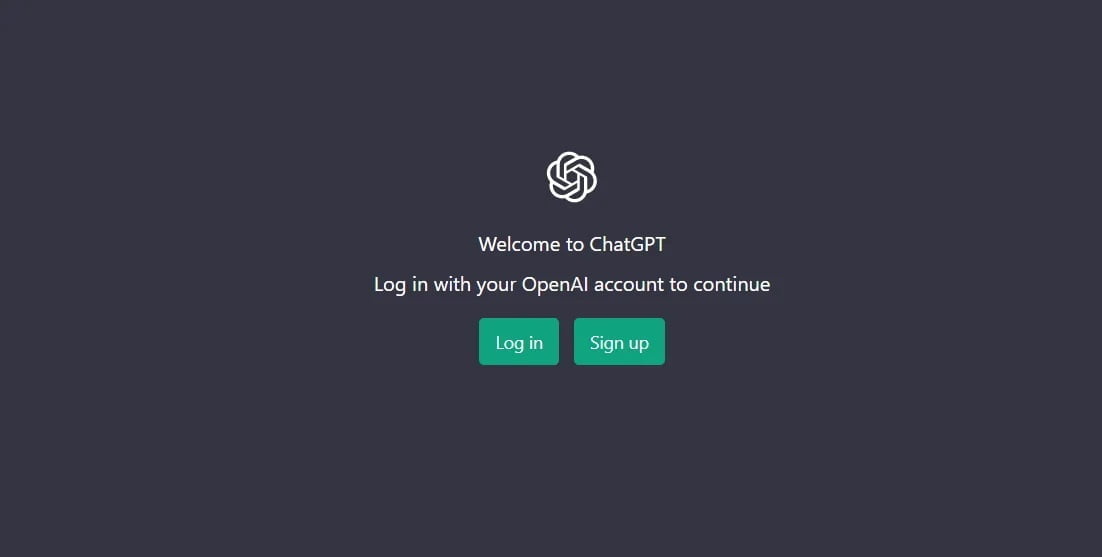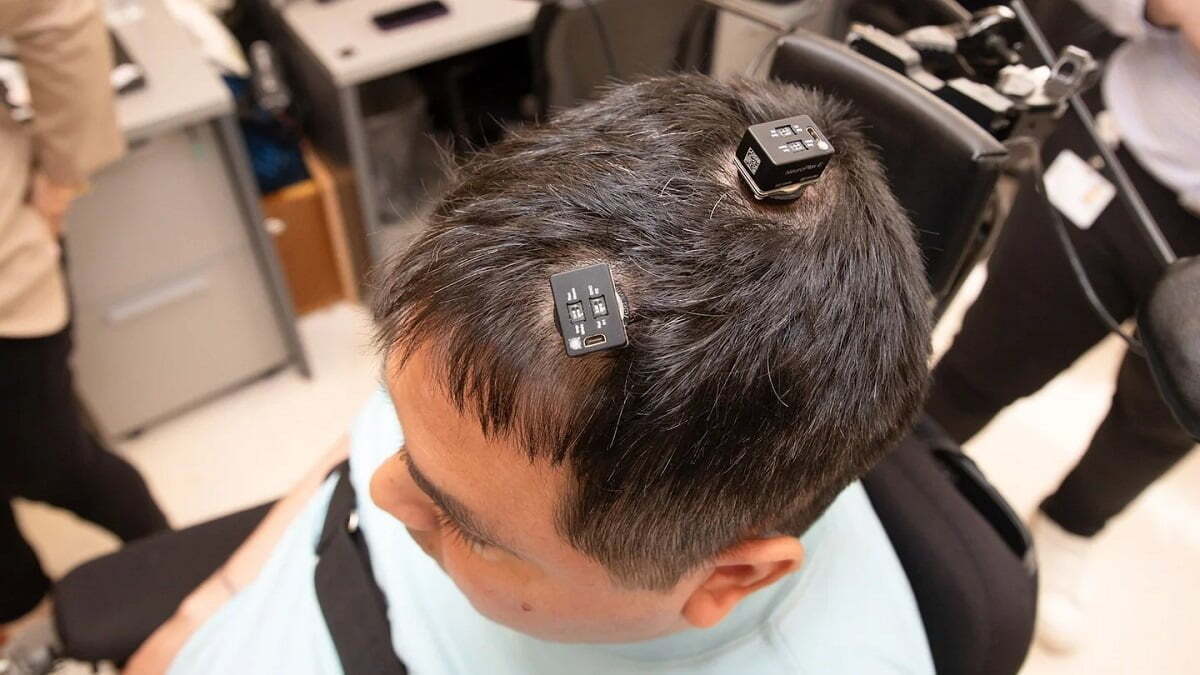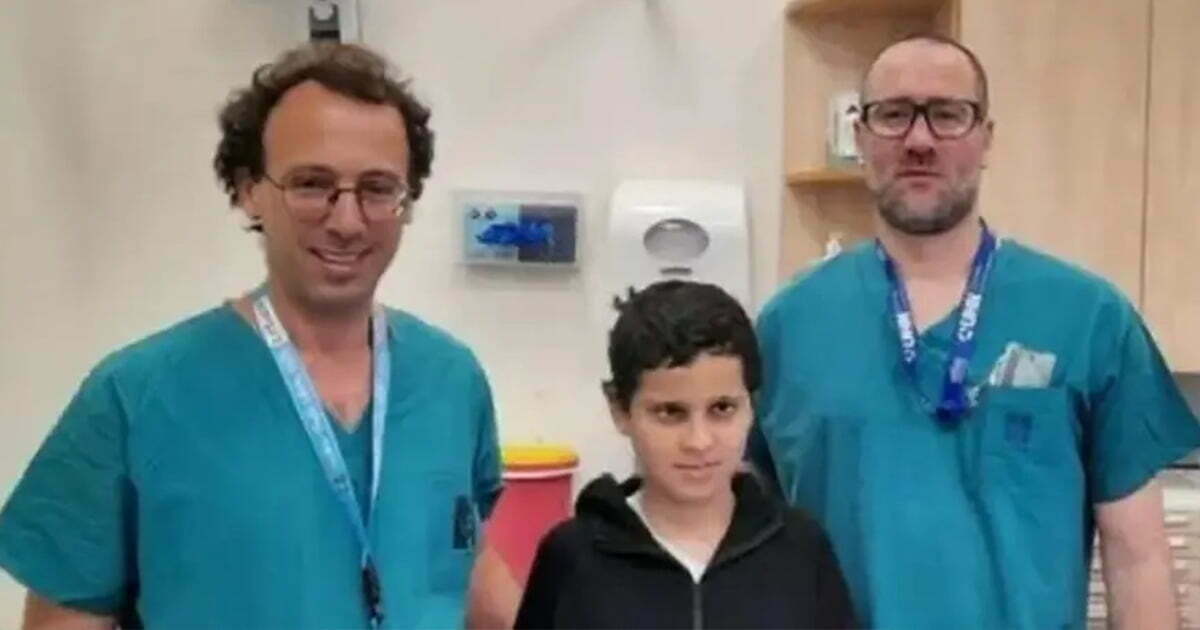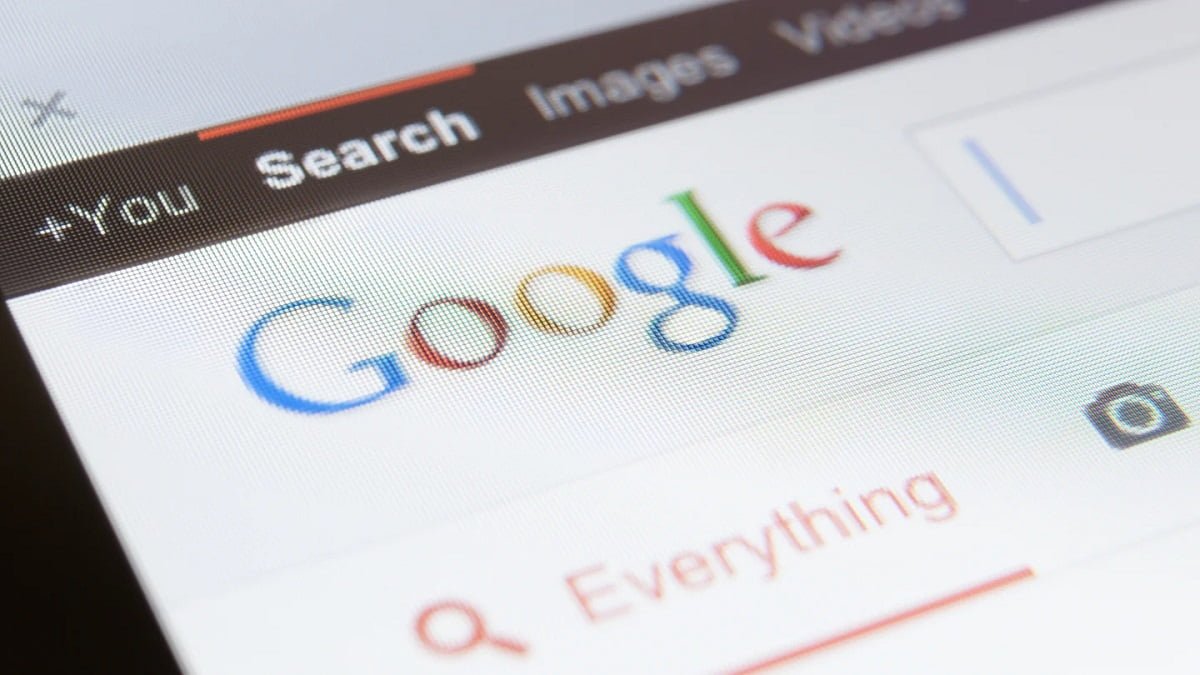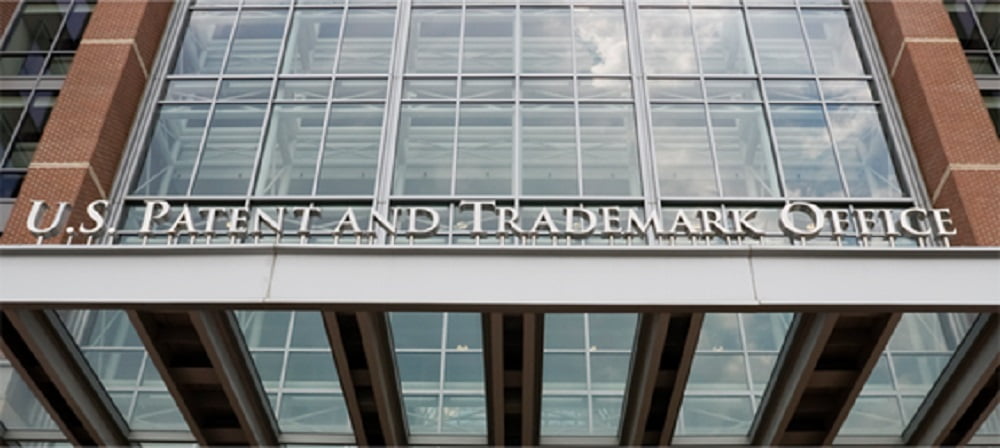AI could potentially affect the jobs of 80% of workers
Your job could be at risk due to the advancement of artificial intelligence.
In a recent study published in a new research paper by OpenAI and the University of Pennsylvania, it was argued that certain industries could soon be disrupted by AI, particularly with the emergence of ChatGPT. This highly intelligent chatbot was released in November and has been causing quite a stir, with some even speculating that it could render Google obsolete within the next two years.
According to research, ChatGPT could potentially impact at least 10 percent of work tasks for 80 percent of the workforce in the United States.
GPT or General-purpose technologies could potentially affect approximately 19 percent of employees, with at least half of their job responsibilities being impacted.
GPT exposure is expected to be more prevalent in higher-income job sectors, but it will extend to nearly every industry.
In this paper, the focus is on analyzing the level of “exposure” of work tasks to artificial intelligence, without making a distinction between the effects of labor augmentation or displacement.

Researchers defined “exposure” as a measure of whether access to a GPT or GPT-powered system would reduce the time it takes for a human to perform a work task by at least 50 percent.
Researchers stressed that exposure doesn’t equate to tasks being fully automated by GPT, but that the technology could save workers “a significant amount of time completing a large share of their tasks.”
The study found that mathematicians, interpreters, accountants, legal secretaries, writers and authors are some of the jobs to have the highest levels of exposure.
At the other end of the spectrum, more low-paying jobs like rail maintenance workers, cooks, mechanics, floor-layers, meat packers, and stonemasons had no exposure.
Open AI researcher Pamela Mishkin highlighted the research in a Twitter thread, writing: “Today’s GPTs can do a lot. Over the past few years we’ve seen them get better and better at solving more and more complex tasks with fewer and fewer examples of less and less related tasks.”
She added: “The paper examines this trend not any particular model available today.”
